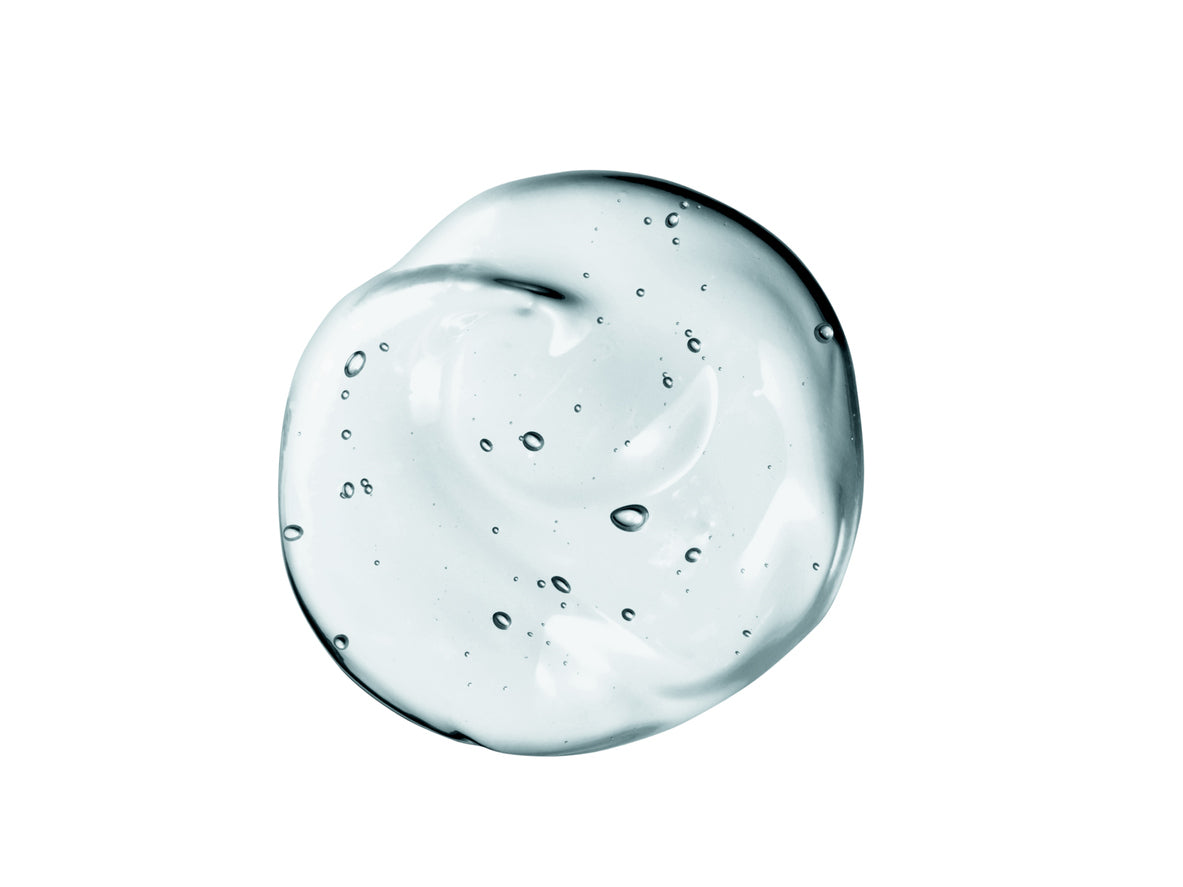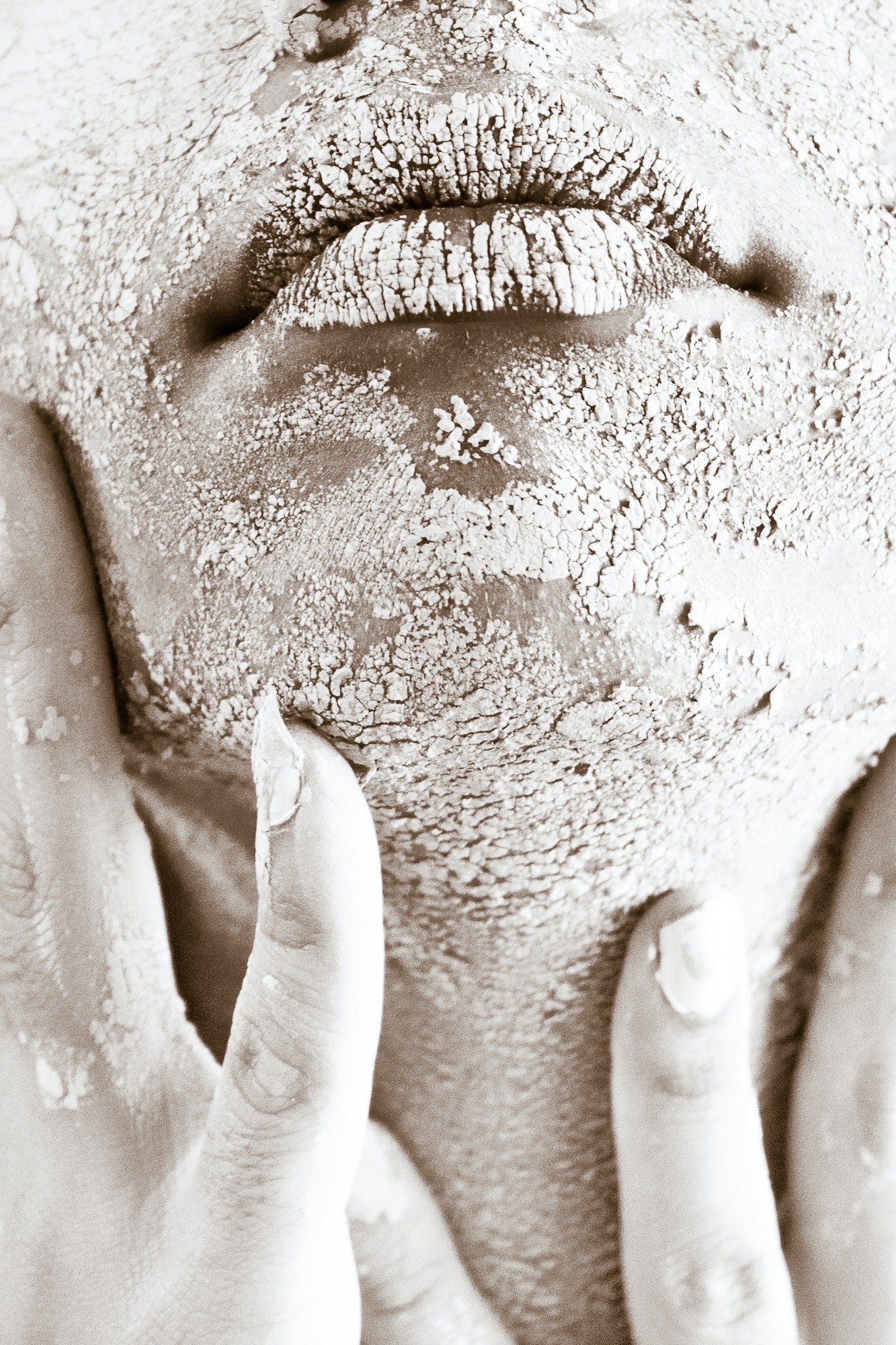
It’s time to be confident, amp up your skincare arsenal, and get to know one superstar ingredient: hyaluronic acid (HA).
Usually, you will find hyaluronic acid in many skin care products, and that’s with good reason. This skincare ingredient is loved by many for its hydrating properties. You can attain supple, strong, and glowing skin thanks to the many benefits it brings.
But what is hyaluronic acid, and why do people swear by this ingredient? Read on to learn more about this incredible substance.
Hyaluronic Acid: A Background
Did you know that you can find hyaluronic acid in your body? It’s a naturally occurring sugar in our eyes, joints, and skin.
In your skincare routine, HA’s primary purpose is to hydrate skin. It does so by helping water bind to collagen, and given this property, you can find many benefits to using this as part of your routine.
Externally, HA comes in many forms (supplements and injections, among others), but people usually use its topical form for skin care.
HA, as an ingredient in skincare, is usually made via bio-fermentation. It usually comes as a gel-like substance, especially if formulated into a serum. However, you can also find it as additives in cleansers, toners, and sheet masks!
Benefits of Hyaluronic Acid
1. Hydrates the Skin
Its hydrating properties launched HA to become the popular ingredient it is today. It works by effectively binding water to collagen molecules.
Hyaluronic acid can even hold up to 1000 times its weight in water! This effectively locks hydration into your skin, keeping it soft, supple, and moisturized.
2. Slow Down Skin Aging
Thanks to its binding ability, hyaluronic acid is also great for those who want to slow the signs of aging and retain a youthful glow. It helps with collagen production, making your skin stay elastic, strong, and supple.
3. Faster Wound Healing
HA helps with wounds, making the time it takes to heal shorter. It does this by controlling the level of inflammation in a particular area of the skin. This signals our body to build even more blood vessels at the site of the wound.
Also, Hyaluronic acid is antibacterial, lowering any risk of infection if applied to open wounds.
4. Soothes Skin Irritation
Hyaluronic acid reduces redness and irritation on our skin thanks to its anti-inflammatory properties. This keeps skin redness to a minimum and helps in soothing eczema breakouts.
Who Can Use Hyaluronic Acid?
Everyone! Small amounts of Hyaluronic acid are already present within our bodies, so allergic reactions are rare. Additionally, HA-caused irritation is rare, so even people with sensitive skin types can use it.
If you’re worried about skin aging or if your skin is parched and in dire need of hydration, you can use products with Hyaluronic Acid without any worries.
Sodium Hyaluronate V.S. Hyaluronic Acid
When you see the ingredients list of a skin care product, you may see “sodium hyaluronate” even though the packaging claims it has HA. Don’t panic! It’s another form of hyaluronic acid.
As mentioned, hyaluronic acid is a naturally occurring sugar. Sodium hyaluronate is the salt form of hyaluronic acid. Compared to HA’s sugar form, it has a smaller molecular size so that it can penetrate the skin deeper.
Different skin types have different moisture levels on the skin. While hyaluronic acid locks in hydration, it’s not, in itself, a source of moisture.
Opt for sodium hyaluronate as it can safely penetrate the deeper parts of your skin without drawing out the skin’s moisture.
Using Hyaluronic Acid
When and How Often Should You Use HA?
Even though it has “acid” in its name, it’s quite different from the potent chemical peels you can find. HA is gentle, so you don’t have to wait a long while before applying the product you want to use after it.
On top of that, you can use it at any time of the day. Don’t hesitate to add it to your morning and nighttime routines!
It would be best if you use HA at least once a day, but you can go as much as twice a day for the best results.
How to Use Hyaluronic Acid Properly
When using hyaluronic acid, you must remember that it needs contact with your skin.
After you cleanse and tone, apply hyaluronic acid before putting on your moisturizer or sunscreen. If you put it in reverse, the HA in your skincare product won’t be as effective since it can't access the collagen in your skin.
If you have a dryer complexion, make sure not to put on HA on bare, dry skin. If this happens, it won’t have a source of water to bind to collagen and will instead pull out the moisture from your skin. It’s best to put HA on while your face is still damp.
SKIN by XND’s Hyaluronic Serum has a nourishing formula perfect for daily use that can hydrate even the most dehydrated skin.
A Powerhouse Ingredient for Your Skin
Versatile is the best word to describe hyaluronic acid!
It’s safe and widely accessible, so everyone can reap its benefits. It works well with many other skincare ingredients. Apart from the topical form in skincare products, it also comes in a form you can take orally or inject as a filler.
If you were confused about why you see this ingredient in many beauty products, hopefully, you’ve found your answer.
Convinced of how great hyaluronic acid is? What are you waiting for? This skincare bandwagon is worth hopping on. Add hyaluronic acid to your skincare lineup, and start seeing the difference in your skin!









Leave a comment
This site is protected by hCaptcha and the hCaptcha Privacy Policy and Terms of Service apply.